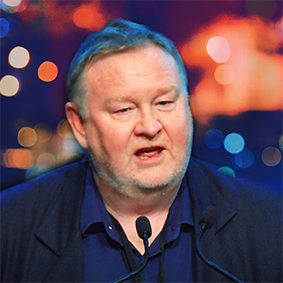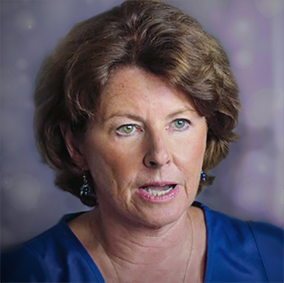ACCESS TALKS: WHAT IS INCLUSION
Parents of children with disability who are working with schools to support their child’s inclusive educational experience, in the same classroom, with the same opportunities as their peers.
This transcript has been corrected and edited slightly for clarity.
Andrew: Authentic Inclusive Education is important because every child should have, you know, their chance to learn in their own capacity in their own way and be given the same opportunities as every other kid and no one is different.
They’re all the same. They all just learn at different levels.
Sarah: I genuinely believe in the childhood experience of all children being together side by side and having the equal opportunities to learn, and grow, and socialise as a group.
Shawn: It’s education, not segregation. A segregated setting means that students aren’t learning together.
It means students are put in one place and are “othered”. It’s most important that students learn together. That the proof is there, the research is there, people learn better together. There’s not a place for one or a place for another, there’s one place for all.
Students learn better together. All students learn better together.
Melissa: I’m parent of a child who is 14-years-old, currently in a mainstream high school and enjoying the good life. I drop her off at school with her siblings, they’re in the same uniform, at the same school, and I want that for everybody else.
We shouldn’t be separating children. We learnt those lessons in the ’70s. We shut down institutions. Why are we still separating people? Bring everybody together and just have school. We don’t break it apart.
Everyone goes to school together because that feeds into future, open employment, big dreams.
Penelope: I am a true believer in all children having opportunities for the best education possible that Australia can provide. My vision for education is that all students have the opportunity to learn, be in a stimulated environment, have peer groups that support them and they can support others, and they continue to learn and have the building blocks that give them the ability to learn and grow through their education experience. It is a right for all our children to be educated with their siblings and to be part of the best education system we can offer them.
It’s about being creative, giving our children opportunities to learn about diversity, learn about the skills, and that it is not just about how a child looks or acts, it’s about giving them opportunities to grow and learn and we all learn from the diversity of culture in our communities. So I think it’s very important that all children are included in the same educational system.
I have three older children that haven’t had to struggle. They’ve been accepted into an education system. My fourth child has a disability but he has every right to be part of the community and part of our community. And so that’s why I continue to fight. But you need a community to support you and you need the resilience to keep asking why can’t he be included.
And it really has opened doors if you create a vision from the beginning that my child is going to go on to further education, fulfil that dream, then you will continue to keep going with it and I think every child deserves that opportunity.
Sarah: My vision for education begins with my two children age seven and nine. I want them to have the opportunity to access their local school. I want them to participate and join in with their own community, to be connected and have the same learning experiences and thrive with our neighbours.
What’s important for parent’s to know in regards to their rights in education, Marian Trabe Family Advocacy Parent Leader [YouTube]
The Natural Authority of Families [opens Family Advocacy website]
How an Inclusive Education experience provides children with the skills to live a typical life. Annette Bush, Family Advocacy Parent Leader [YouTube]
ALSO IN THIS SECTION:
MORE ACCESS TALKS:
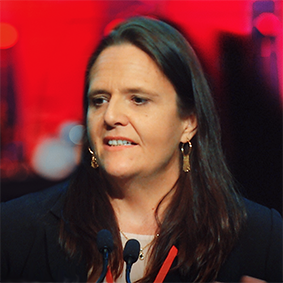
WHY INCLUDE
High quality education & supports enable all students to acquire success in their education and is the basis of an inclusive life and society.
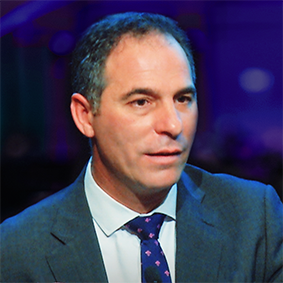
TEACHER IMPACT
All classroom teachers have a role in creating schools & learning environments where all children can learn and feel they belong.
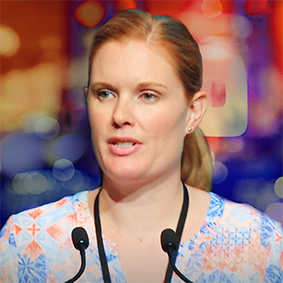
CHANGING MINDSETS
Whole school transformation requires courage, leadership & honest reflection to identify the need for change and set about making it happen.
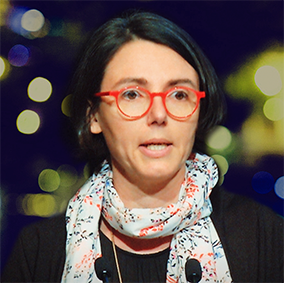
AUSTRALIAN EXPERIENCE
Exemplar inclusive educational practices are happening in Australia. See the possibility and potential of inclusion here and now.
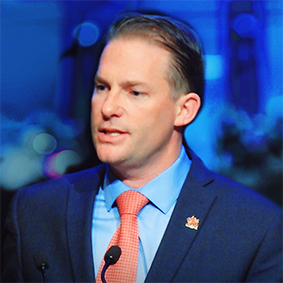
HOW WE INCLUDE
Creating inclusive classrooms & schools starts with vision, policy, systems change, curriculum design and teaching practice.
NOW EXPLORE ACCESS READS
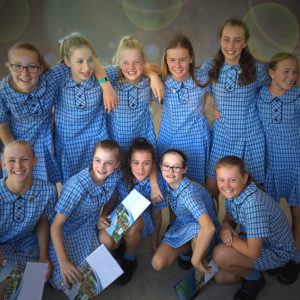
WHAT IS INCLUSION
The promotion, adoption and implementation of inclusive practices, which involves changing policies, practices and attitudes within schools.
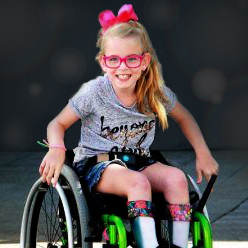
HOW WE INCLUDE
Inclusive classrooms and schools embrace universal design as the foundation for cultivating inclusive attitudes and practices.

CHANGING MINDSETS
Bringing about change one mind at a time is integral to improving the lives of people with disability.

AUSTRALIAN EXPERIENCE
Exemplar inclusive educational practices are happening in Australia. See the possibility and potential of Inclusion here and now.

WHY INCLUDE
All children have the right to be included, to be represented in, to have access to and to receive high-quality education and supports.
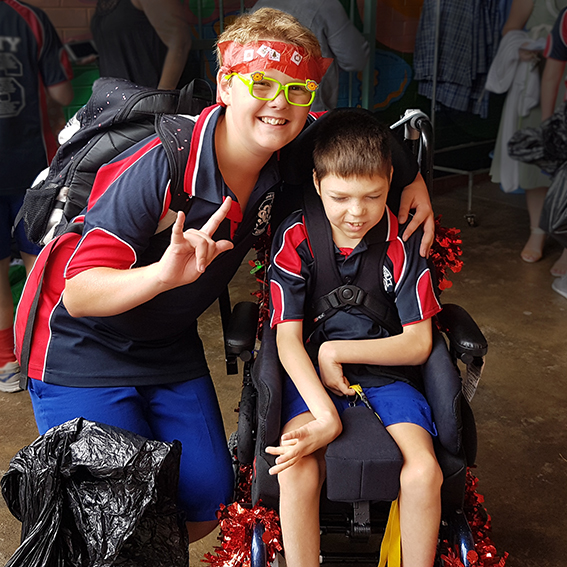
TEACHER IMPACT
All classroom teachers have a role in creating schools & learning environments where all children can learn and feel they belong.
A FAMILY ADVOCACY INITIATIVE
This site is edited and maintained by the Advocacy and Leadership Development team.
Image attributions: Screenshots from Access Symposium videos.

